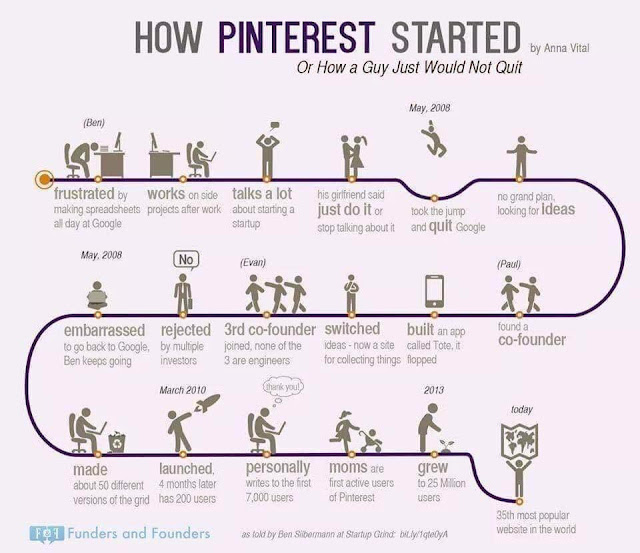And since staffs are the face and voice of our brand, it's definitely something that we can't afford to get wrong. So along the way, we try to empower our staffs with the right knowledge, skills and responsibilities to make important decisions on behalf of Pasti Nyala.
Below are some of the Customer Service Skills that they need to learn and practice:
1. Empathy -Empathy is powerful because it allows you to read between the lines and pick up hidden intentions that are not directly communicated. This helps support staffs pinpoint and fix the customer's concern before it actually becomes a full-fledged problem. This skill required experience for language, culture, behaviour and even understanding of the business.
2. Listening Skills - Everyone seems to agree that listening is important, but everyone has different opinions about what it means to be a great listener. As with anything in life, practice makes perfect. Listening skills can be honed over time to the point where you'll be able to pick up things customers want without thinking too much about it.
3. Integrity -We prefer to deal with people we know, appreciate and trust. Integrity does not apply to staff but also our product which must be usable, create values and reliable to the users.
4. Positive Attitude - Some people are comfortable in their own skin and are really passionate about making the customer feel great at every chance they get. While technical skills can be taught, an attitude change won't come easily - it's something that hinges heavily on personality. Read Positive Pants.
5. Decision Making Ability - Customer service roles depend on solving problems at their core - resolving a wide array of issues customers may be faced with. Just like Pasti Nyala products, we want it to be versitile with useful functions so that users are fully equipped to perform their interaction with the system. Let me sidetrack a little bit, did you know that if the users are happy with your products, they complain less.
6. Thinking on Your Feet - Here's the thing, no matter how long you work in support, no interaction is ever the same. Customers are a human being after all, they can act unpredictably and situations are not covered by our SOP or user guides. So staff - aside from being a people person and a problem solver - also needs to be "make the right decision quickly".
7. Being Patient - Customer service (we also call them Support) tends to be an emotionally draining and sometimes even thankless job. Therefore, support staff need to keep their resolve. Users reach out to Support when they are stressed and confused, so if the problem isn't solved quickly, they get irate. While speed is important in customer service, customers don't want the quality of support to be compromised. So again, a reminder to all staffs, do cut corners, do buried complaints under the carpet.
8. Persistence - An important character trait of being persistent is being able to stand your ground in uncomfortable situations. This may include having to decide whether a customer is being honest or deceptive in their language, actions or intentions. Ideally, we also want our staffs to have the ability to influence and don't stop until the customer is satisfied.
9. Product knowledge - We are aware the Support Staff will have difficulties if he or she does not have a thorough, hands-on-knowledge of the product and troubleshooting knowledge. They won't be able to help the customer. Thus, it's very important for the seniors or leads to impart their knowledge and spend time coaching their juniors. A good Support Staff will know when a user is having trouble, they will be able to pick up the user's pain points and use their knowledge of the product capabilities to address them. Since users usually contact Support because they don't fully or correctly understand the product (or functions within), staff will be able to make better recommendations if they're familiar with benefits (and shortcomings) of the complete product.
10. Progress Mindedness - One fatal mistake most businesses make is thinking of customer service as a dead-end or entry-level job. It's not. Pasti Nyala for one, is trying to empower staffs in making important decisions and reinvesting in employee development by grooming potential and nurture team spirit. We want this to be part of our working culture.
I can't help it but to say this to the customer who complains about nothing "Complaining is like vomiting - you feel better, but the people around you feel WORSE".

















